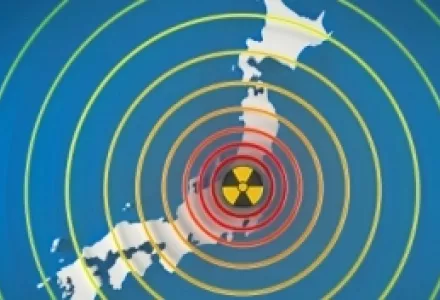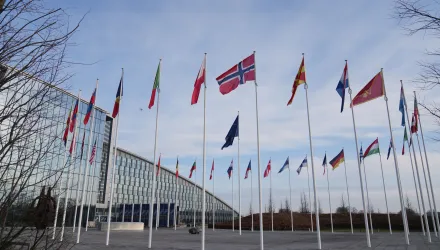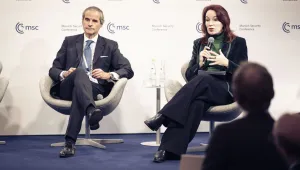The Evolution of the IAEA: Using Nuclear Crises as Windows of Opportunity (or Not)
This seminar will consider how the International Atomic Energy Agency (IAEA) has reacted to nuclear crises. The IAEA often appears not just to have weathered such crises, but to have successfully leaped through windows of opportunity presented by them. This has resulted in periodic expansions of its mandate, capabilities, and resources. The 2011 Fukushima disaster appears to be a puzzling exception, raising the question of what concatenation of factors needs to be present for the IAEA to take advantage of nuclear crises.
Please join us! Coffee and tea provided. Everyone is welcome, but admittance will be on a first come–first served basis.




